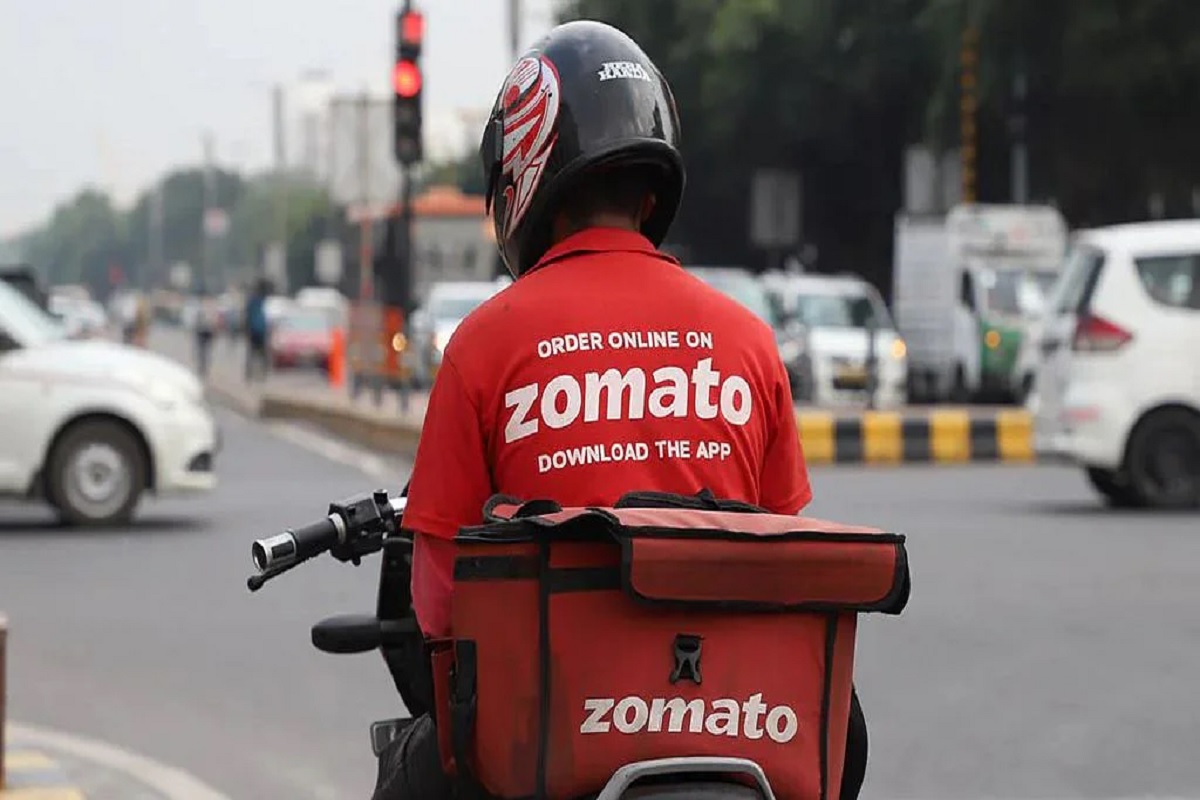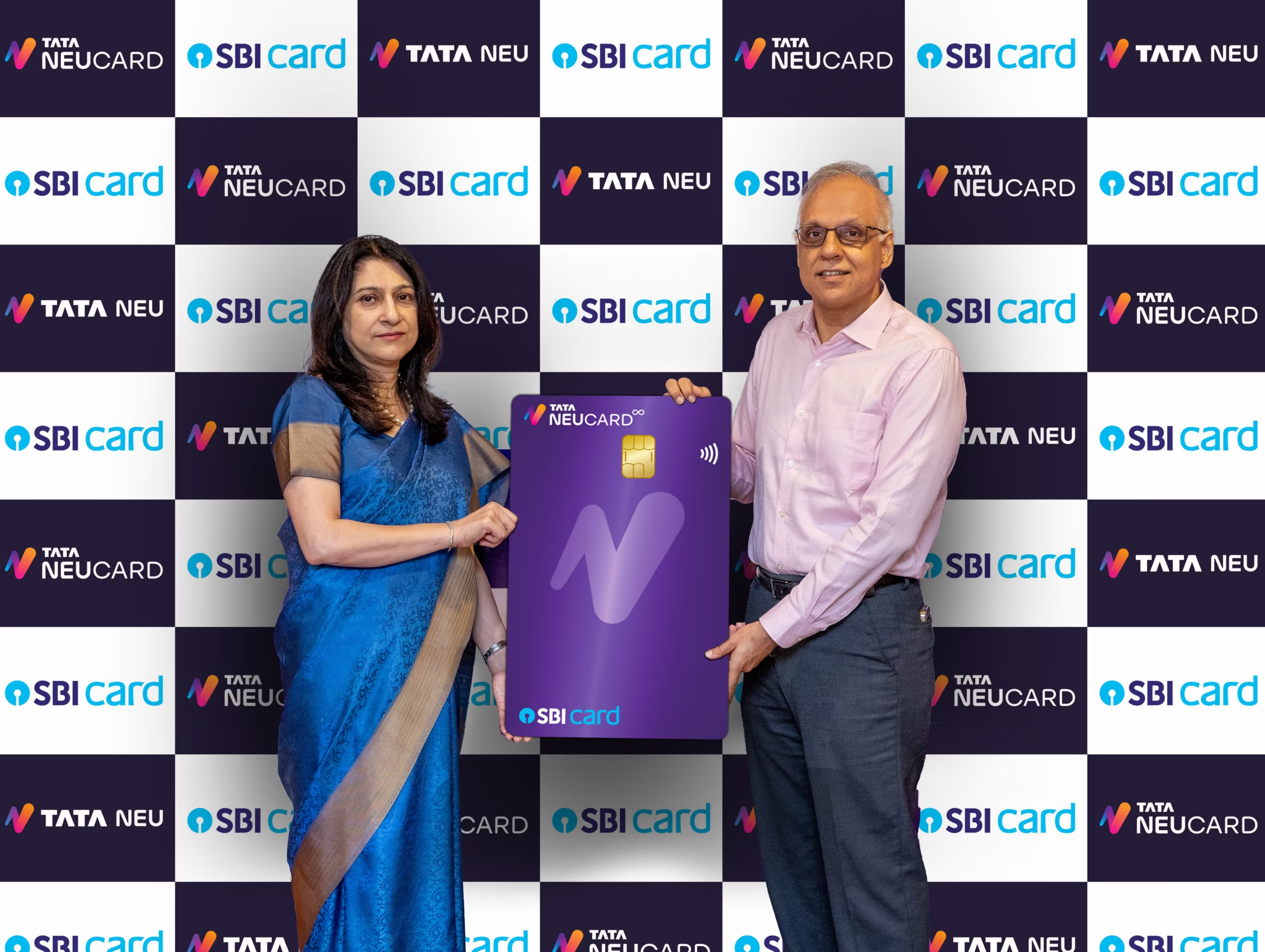
According to the company’s annual report, Salil Parekh, CEO of Indian IT giant Infosys, rise a 22% increase in his annually remuneration to Rs 80.6 crore for the fiscal year 2024–25 that ended in March.
This included a basic salary of Rs 7.45 crore, retirement benefits of Rs 49 lakh, and a variable pay component of Rs 23.18 crore. Parekh exercised his stock options, earning Rs 49.5 crore.
According to the annual report for 2024–2025, Parekh’s exercise of higher restricted stock units (RSUs), an equity share compensation, during the year and a rise in bonuses, incentives, and variable pay were the main drivers of the FY25 annual compensation increase.
Parekh became the second-highest paid Indian IT chief with a 17.5% raise in remuneration from Rs 66.25 crore the year before. From Rs 71 crore in FY 22 to Rs 56 crore in FY23, it experienced a decline.
With the FY25 compensation package, the chief of Infosys receives a greater remuneration than his competitors at Wipro and Tata Consultancy Services (TCS). While TCS president K Krithivasan’s remuneration increased by 4.6% to Rs 26.5 crore for FY 25, Wipro chief Srinivas Pallia received $6.2 million, or roughly Rs 53.64 crore, after a 10% increase from the previous year.
As of March of current year, Parekh’s total compensation was 323,578—752 times the median salary of the company’s employees, which was Rs 10.72 lakh. In the meantime, Nandan Nilekani, the chairman and co-founder of Infosys, has remained adamant about refusing to get paid for his work with the company. Parekh wrote in his letter to shareholders that Infosys had yet another successful fiscal year in 2025.
He went on to say that tariffs will vary depending on the product and the nation and will probably continue to evolve. Regional and bilateral trade regulations will predominate.
Prior to this, Parekh was the second-highest paid CEO in India’s IT industry, behind Thierry Delaporte, the previous CEO of Wipro, who made Rs 167 crore in FY24 before leaving the business.
The CEO of Bengaluru-based Infosys made Rs 49.5 crore from the exercise of stock options, compared to Rs 39 crore during the same period of the previous fiscal year. In addition, the CEO received Rs 7.47 crore in base compensation, which was nearly the same as the previous year, and Rs 50 lakh in retirement benefits. In FY25, Parekh’s variable salary increased from Rs 19.75 crore in FY 24 to Rs 23.18 crore.
We achieved a 4.2% growth rate, a 21.1% operating margin, and $4.1 billion in free cash flow. In the letter, Parekh stated, “We announced a total dividend of Rs 43 per share (including an interim dividend of Rs 21 per share).” He went on to say that Infosys is the industry leader in AI, cloud, data, and digital for customers. “An era of uncertainty” was the headline of Nilekani’s address to shareholders.
“We realize that we are in an unprecedented period of uncertainty as we reflect on the events of the past few months,” he remarked. We are reexamining the foundations of our company as a result of several trends converging. Every business vertical is dealing with a variety of difficulties.
According to Nilekani’s message, supply chains will continue to alter as tariffs turn into yet another kind of arbitrage. Infosys has always supported change with enthusiasm and will continue to be strategically aligned but tactically flexible.












